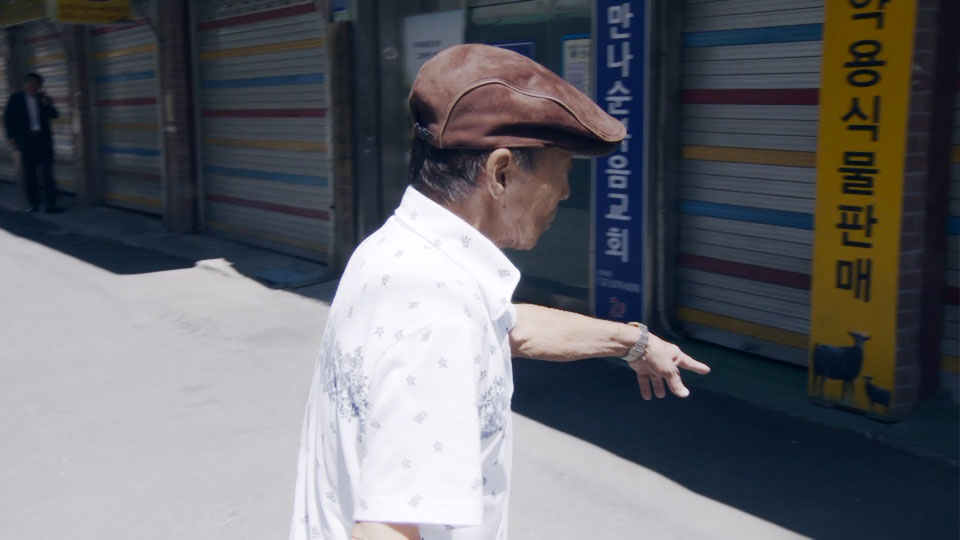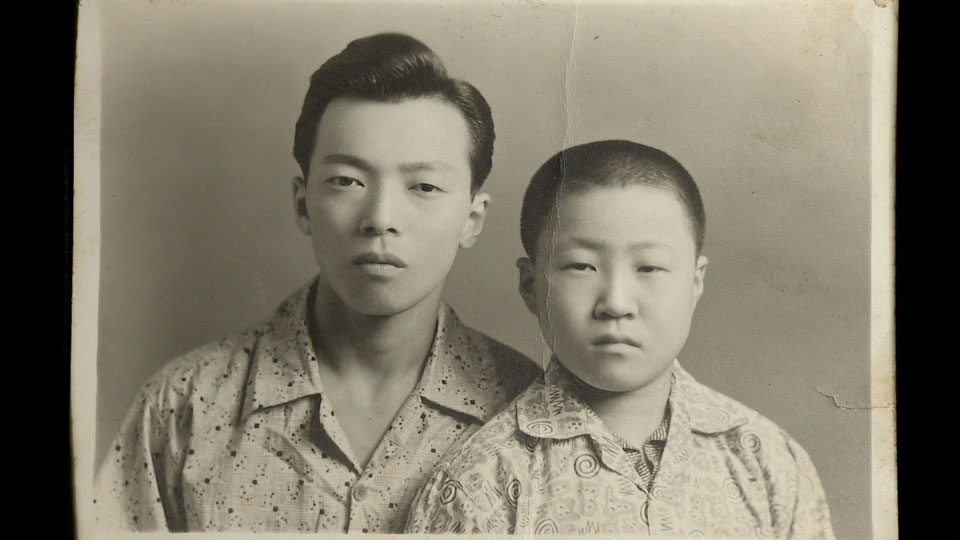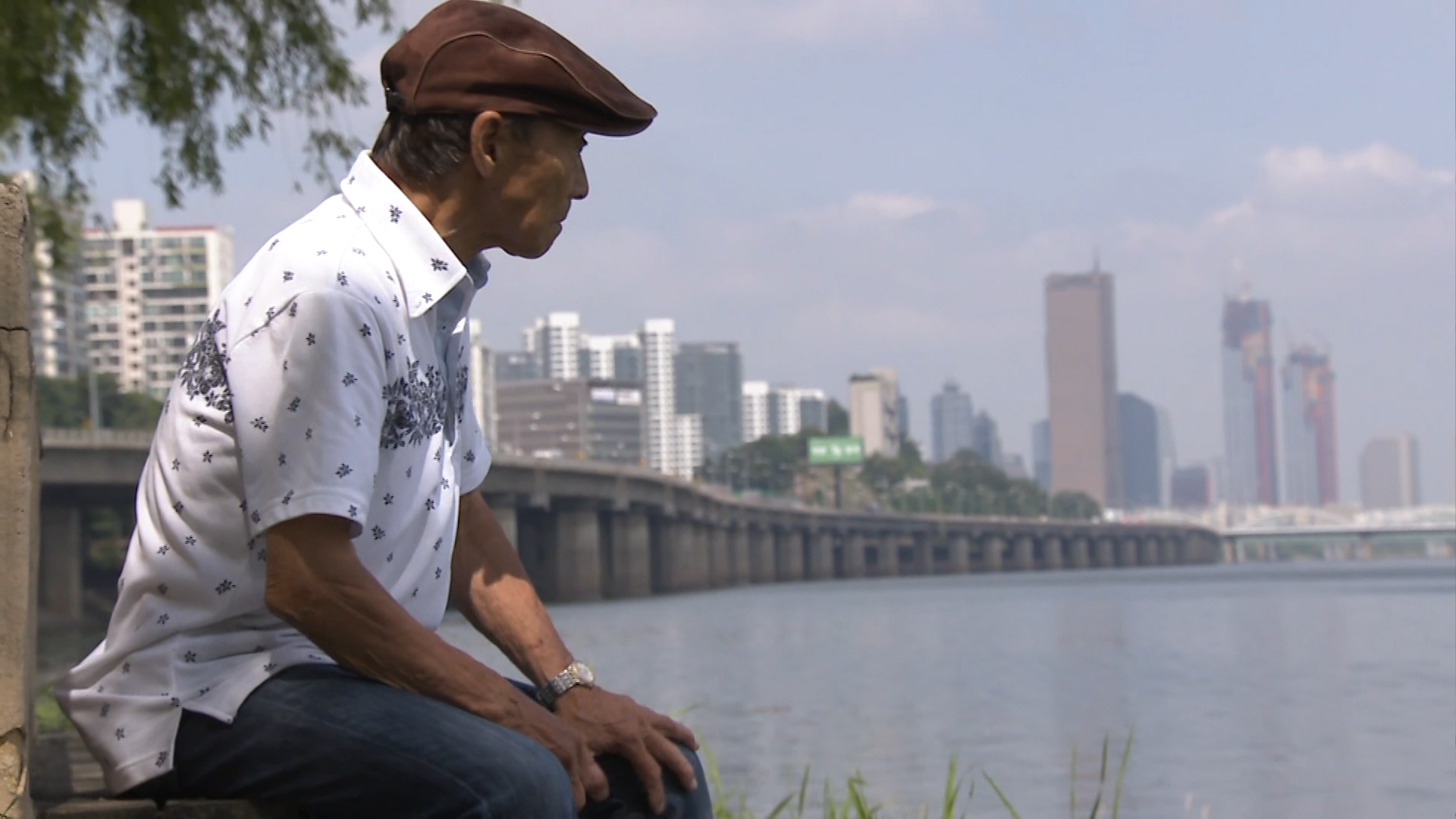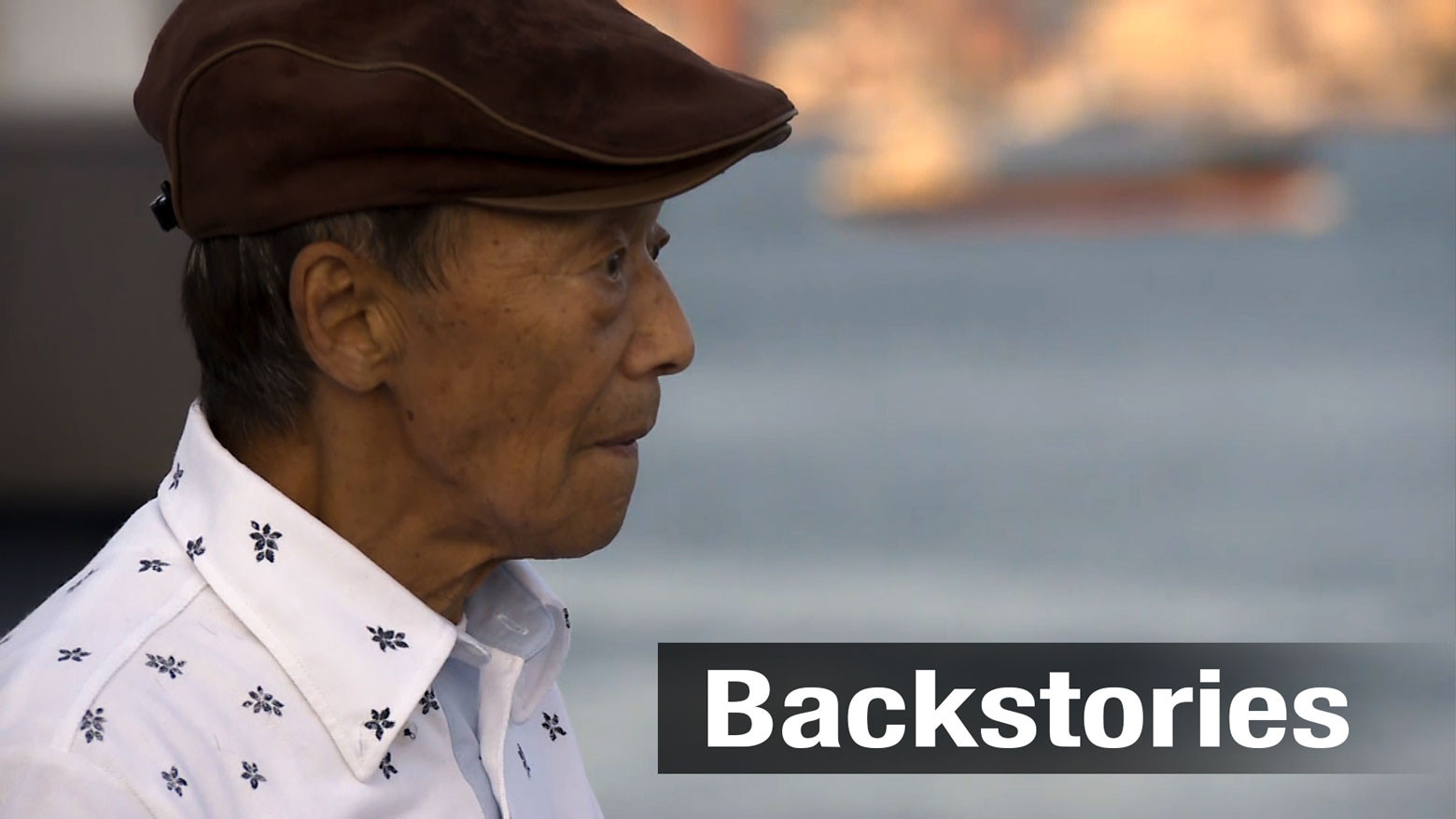Tsunehiro Tomoda describes his early years growing up in Hiroshima as a time of great happiness. He recalls going boating with his family, and learning to ride a bicycle. But that happiness ended in a flash on August 6th 1945, when the United States dropped an atomic bomb on his city.
He was in school just 460 meters from the hypocenter when the blast knocked him out. Miraculously, he survived. The rest of his family didn't.
At the age of nine, he was an orphan and homeless. As he wandered through the rubble, he bumped into a Korean man called Mr. Kanayama who once lodged at the Tomoda family home. With nobody else to rely on, the young boy followed Mr. Kanayama wherever he went. And when the man returned to the Korean Peninsula around a month after the bombing, Tomoda followed him there too.
"In retrospect," he says, "all I could do was follow."
Tomoda moved in with Kanayama's family in Seoul, but it didn't last long. Some of the relatives were unhappy about living with a Japanese person. So he set out on his own, and at the age of 13 found himself alone and homeless in a foreign land. Each day, he had to find food, a place to sleep and fight off the cold. One winter was so bitterly cold that he lost one of his toes.

His life on the streets ended when Yang Bongnyeo, a widow with four children, invited him to live with them. Yang had spotted him sleeping in front of their house. Her husband had been killed by the Japanese military, but Yang would say you can't blame that on a child.
After living with the Yangs for a month, Tomoda began to fear he was a burden on a family that was already struggling. He took off and found himself homeless once again.
Then things got even tougher. He was sleeping near the Hangang River bridge when it was blown up. Seoul suddenly turned into a battlefield. It was the start of the Korean War.
"I saw a lot of tanks firing around the river," Tomoda says. "I never thought I'd be involved in a war again just five years after the atomic bombing."
By the time that conflict ended, he was a young man. He found a job in a confectionary factory, where he found a friend who could sympathize with his experiences. Lee Jaehwa had lost his parents too. The boys were inseparable for a time, behaving like brothers.

But Tomoda couldn't shake his yearning to return to Japan. The problem was that there were no diplomatic relations between Japan and South Korea, and he couldn't even prove that he was Japanese. He grew so disconsolate that he tried three times to take his own life.
It was Yang who saved him again. She had been worrying about Tomoda since he left. They met by chance twice, and she invited him to her home. When she found out that he wanted to return to Japan, she devoted herself to making his wish come true. She wrote to the Japanese government and the Hiroshima city office. In total, she wrote more than thirty letters.
Tomoda finally made it home at the age of 24. He settled in Osaka, where he married and had five children. He didn't forget about his "mother in Korea," but he was too busy with his family to think about going to visit. When he did, it was too late.
He finally made it back to South Korea in 1984. Yang had died six years earlier.
"I heard from her family that she was worrying about me until the last moment," says Tomoda. "She saved my life. I always wanted to call her 'mother,' but I couldn't because her sons might not like it. That will be a regret for the rest of my life."

This June, Tomoda returned to South Korea once more. He was invited by Changwon National University to teach students about the cruelty of atomic bombs and the stupidity of war. But he had another purpose for the trip. He wanted to reconnect with one of the other big characters in his life.
Tomoda hadn't see Lee Jaehwa for 24 years. But from the moment they reunited, in the town where they once lived together, it was as if they'd never been apart.
The old men shed tears and held each other. Lee took Tomoda to his apartment to introduce him to his children and grandchildren.
"We aren't related by blood but it doesn't matter," Lee says. "It's difficult to explain but our relationship is so strong that we don't need words. It's enough to just hold hands and look at each other. I appreciate so much that he came looking for me."
Watch Video 4:33
At the end of his trip, Tomoda went to the Hangang river where he used to drink the water when he had nothing to fill his stomach.
"Many died in those two wars, but I didn't," he said. "I survived despite the hardships here. I know it would not have been possible without the people who helped me, and looked past my nationality. I've realized that human kindness is borderless."

